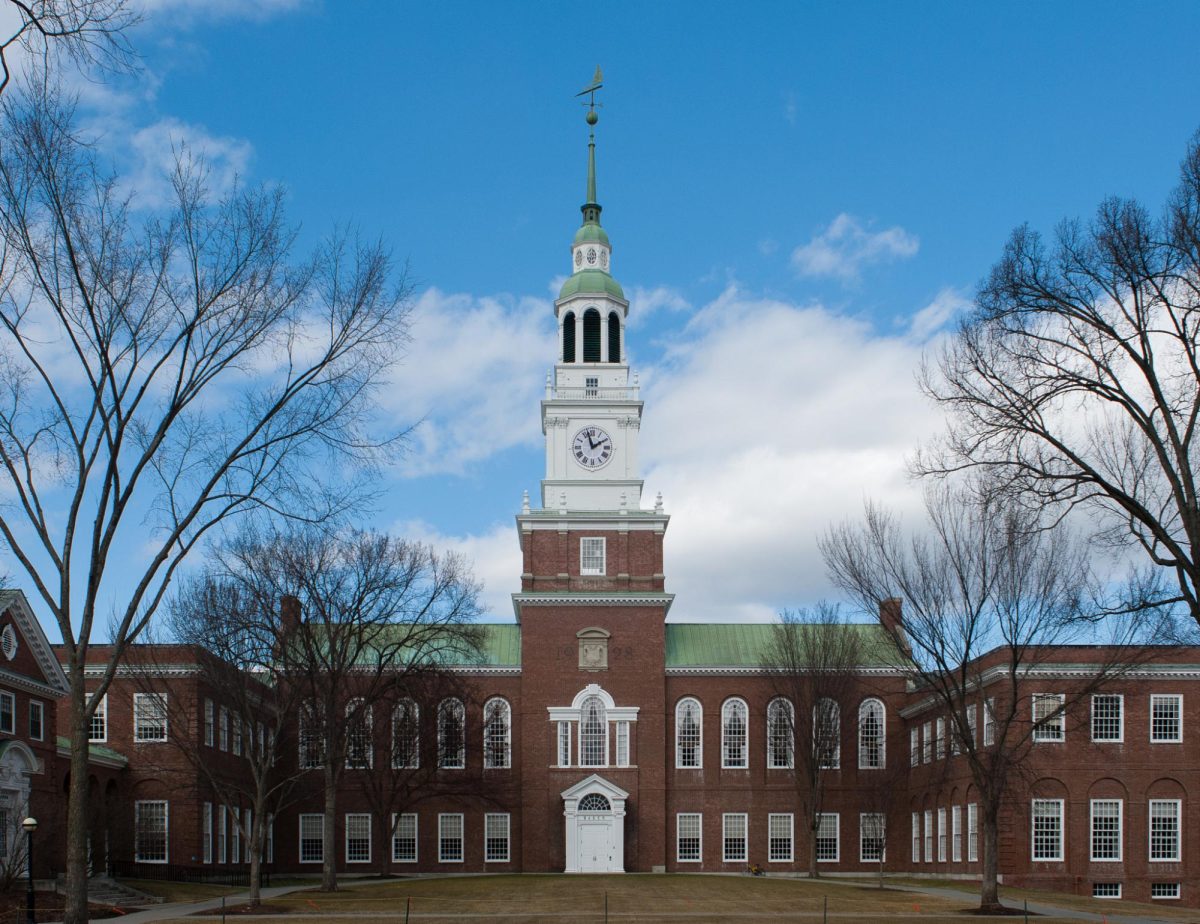Dartmouth College is about to make history: its men’s basketball team will be the first ever to have a union vote. Back in September, all 15 members of Dartmouth’s NCAA Division I basketball team signed union authorization cards, declaring their intention to unionize with the Service Employees International Union (SEIU).
Dartmouth administration argued that because the team was not getting paid or receiving athletic scholarships, the players should not be considered employees and therefore cannot unionize. However, the National Labor Relations Board (NLRB) disagreed, highlighting that despite Dartmouth not turning a profit from their basketball program, they still receive other benefits from the work of their players, making it a clear employee-to-employer relationship. The union vote is set to take place on March 5th and is expected to pass, creating the first college athletics union. Dartmouth claims they will appeal the NLRB ruling, but the union vote will still take place.
The NLRB decision is a huge win for college sports unions, as well as those critical of the NCAA’s handling of their athletes. In 2021, the NLRB released a memorandum in which it asserted that college athletes are employees and do have the right to unionize. The NLRB has a complicated history with college athletes attempting to form unions, however. In 2014, the Northwestern University football team attempted to unionize, but failed. The team’s conference, the Big Ten, is mostly composed of large public universities; the NLRB only has jurisdiction over private businesses, and rejected Northwestern’s union bid partly because of an unwillingness to try and regulate athletics at state schools.
The NCAA has come under fire for the last few years over the way they profit off of their college student-athletes. In 2022, the NCAA made about $1.14 billion, with the majority of this money coming from men’s basketball. The NCAA makes profits off of merchandising their teams and players without the students getting a cut of the profits themselves. Cade Haskins, who was the first Dartmouth player to push for the union, saw massive NCAA profits as unfair. Haskins told NPR that “It’s easily 30-plus hours a week,” almost a full time job, and that he could leave his other job if he was paid by the team.
In 2021, for the first time, the NCAA allowed their athletes to get outside sponsorships. That decision only affected top players, though, and pales in comparison to the amount the company makes off of brand deals, TV licenses, and video games. The NCAA is even facing a $1.3 billion class action lawsuit around use of former players’ names and likenesses in their TV broadcasts.
We have yet to see if other college sports teams will follow suit and attempt to unionize. Outside of sports, unionization at colleges has increased dramatically since the pandemic. In the last two years, over 14 new graduate workers’ unions were formed at schools like MIT, Cornell and here at Clark. At the same time, groups of RAs, librarians and dining hall employees have unionized at several colleges.
Haskins, the Dartmouth basketball player, said one of his inspirations to organize was when the dining hall he worked in unionized. After unionizing, dining hall employees were able to get large pay increases as well as COVID pay, both of which made him realize he could get similar benefits by unionizing the basketball team. This surge in union activity on college campuses could pave the way for more student sports unions as student employee unions become normalized.
We have also yet to see the response from the NCAA who has, for years, been lobbying against efforts that say their athletes are more than just “amateur students.” For now, all we can do is support the Dartmouth team as they make a huge win for student athletes around the country.


